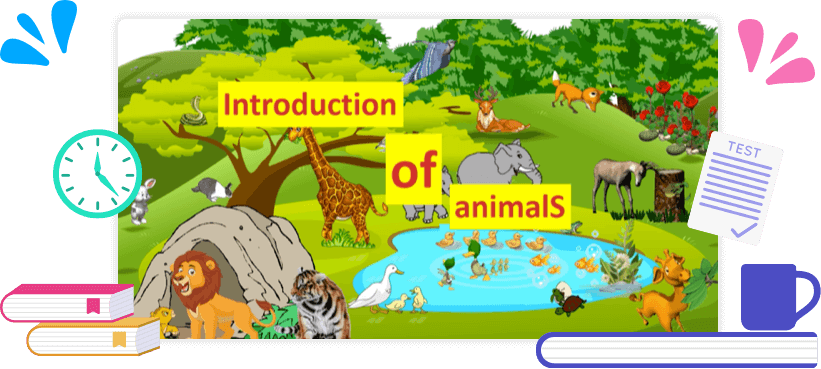PHYSICS
CLASS 11
1. Some Basic Concepts of Chemistry
2. Structure of Atom
3. Classification of Elements and Periodicity in Properties
4. Chemical Bonding and Molecular Structure
5. States of Matter: Gases and Liquids
6. Thermodynamics
7. Equilibrium
8. Redox Reactions
9. Hydrogen
10. s-Block Element (Alkali and Alkaline earth metals)
11. Some p-Block Elements
12. Organic Chemistry- Some Basic Principles and Techniques
13. Hydrocarbons
14. Environmental Chemistry
CLASS 12
1. Solid State
2. Solutions
3. Electrochemistry
4. Chemical Kinetics
5. Surface Chemistry
6. General Principles and Processes of Isolation of Elements
7. p- Block Elements
8. d and f Block Elements
9. Coordination Compounds
10. Haloalkanes and Haloarenes
11. Alcohols, Phenols and Ethers
12. Aldehydes, Ketones and Carboxylic Acids
13. Organic Compounds Containing Nitrogen
14. Biomolecules
15. Polymers
16. Chemistry in Everyday Life
CLASS 11
1. Some Basic Concepts of Chemistry
2. Structure of Atom
3. Classification of Elements and Periodicity in Properties
4. Chemical Bonding and Molecular Structure
5. States of Matter: Gases and Liquids
6. Thermodynamics
7. Equilibrium
8. Redox Reactions
9. Hydrogen
10. s-Block Element (Alkali and Alkaline earth metals)
11. Some p-Block Elements
12. Organic Chemistry- Some Basic Principles and Techniques
13. Hydrocarbons
14. Environmental Chemistry
CLASS 12
1. Solid State
2. Solutions
3. Electrochemistry
4. Chemical Kinetics
5. Surface Chemistry
6. General Principles and Processes of Isolation of Elements
7. p- Block Elements
8. d and f Block Elements
9. Coordination Compounds
10. Haloalkanes and Haloarenes
11. Alcohols, Phenols and Ethers
12. Aldehydes, Ketones and Carboxylic Acids
13. Organic Compounds Containing Nitrogen
14. Biomolecules
15. Polymers
16. Chemistry in Everyday Life
CLASS 11
1. Some Basic Concepts of Chemistry
2. Structure of Atom
3. Classification of Elements and Periodicity in Properties
4. Chemical Bonding and Molecular Structure
5. States of Matter: Gases and Liquids
6. Thermodynamics
7. Equilibrium
8. Redox Reactions
9. Hydrogen
10. s-Block Element (Alkali and Alkaline earth metals)
11. Some p-Block Elements
12. Organic Chemistry- Some Basic Principles and Techniques
13. Hydrocarbons
14. Environmental Chemistry
CLASS 12
1. Solid State
2. Solutions
3. Electrochemistry
4. Chemical Kinetics
5. Surface Chemistry
6. General Principles and Processes of Isolation of Elements
7. p- Block Elements
8. d and f Block Elements
9. Coordination Compounds
10. Haloalkanes and Haloarenes
11. Alcohols, Phenols and Ethers
12. Aldehydes, Ketones and Carboxylic Acids
13. Organic Compounds Containing Nitrogen
14. Biomolecules
15. Polymers
16. Chemistry in Everyday Life
CLASS 11
1. Some Basic Concepts of Chemistry
2. Structure of Atom
3. Classification of Elements and Periodicity in Properties
4. Chemical Bonding and Molecular Structure
5. States of Matter: Gases and Liquids
6. Thermodynamics
7. Equilibrium
8. Redox Reactions
9. Hydrogen
10. s-Block Element (Alkali and Alkaline earth metals)
11. Some p-Block Elements
12. Organic Chemistry- Some Basic Principles and Techniques
13. Hydrocarbons
14. Environmental Chemistry
CLASS 12
1. Solid State
2. Solutions
3. Electrochemistry
4. Chemical Kinetics
5. Surface Chemistry
6. General Principles and Processes of Isolation of Elements
7. p- Block Elements
8. d and f Block Elements
9. Coordination Compounds
10. Haloalkanes and Haloarenes
11. Alcohols, Phenols and Ethers
12. Aldehydes, Ketones and Carboxylic Acids
13. Organic Compounds Containing Nitrogen
14. Biomolecules
15. Polymers
16. Chemistry in Everyday Life
Learning Videos
DigiScholars Exploring Video Learning
Changing the basic-education pattern by bringing in the master structure of E-LEARNING Experience. No doubt, Digital Learning has bought a drastic evolution in the Educational-World, while list we enchanté maximum cause of E-learning via different features of EDUCATION including Quiz, Games, E-Magazines, Simulations and more of Interactive Study Patterns, catchy enough to get enrolled, right?




